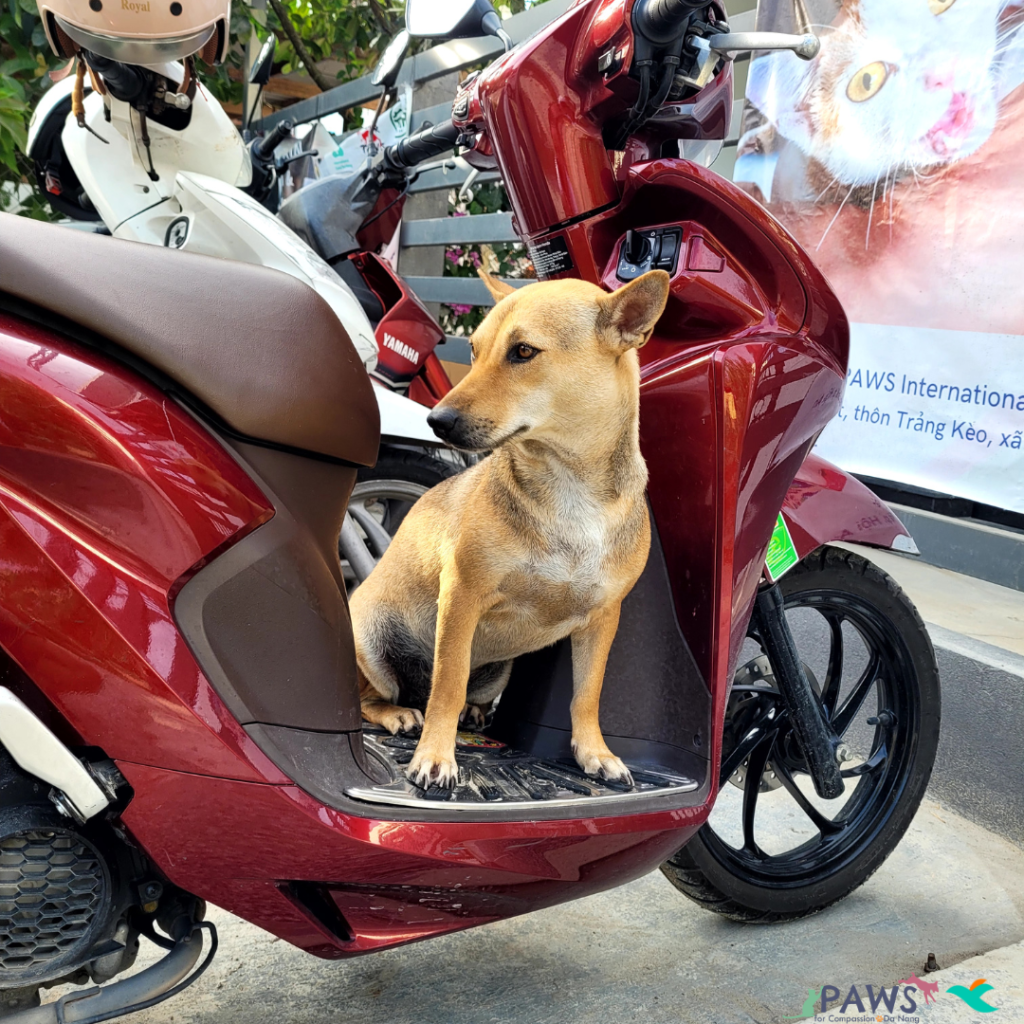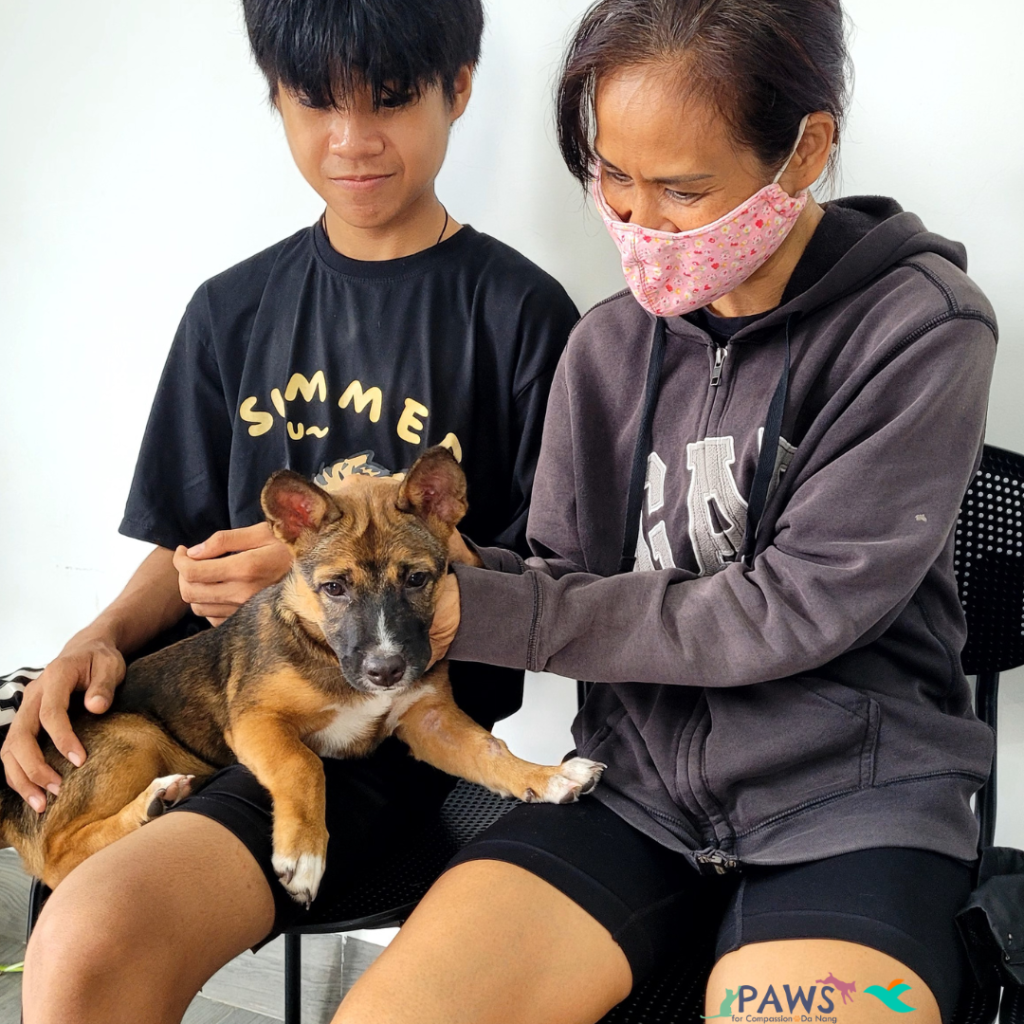¨The Companion Animal Protection and Safety Program (CAPS)
Paws for Compassion Microchip Program
Statistics1 have shown the importance of microchipping in increasing the chances of pets being returned home safely.
Microchipped dogs are twice as likely to be returned to their owners, and cats are twenty times as likely. There are no similar statistics for Vietnam where no microchipping program has yet been set up. However, Vietnam is far from an exception; dogs and cats are reported lost or stolen daily.
Microchips are the most permanent, easy, safe, and reliable pet identification. Unlike pet trackers or tags, microchips do not wear out or fall off. They cannot be damaged, stolen, changed, modified, or altered in any way and are designed to last the life of your pet. While it will not reduce the number of dogs and cats stolen for the dog and cat meat trade, the microchip will increase the chances of animals reuniting with their owners when found by another person, and allow ownership confirmation if necessary. This project also anticipates changes in legislation. In fact, since the beginning of the year, temporary regulations on the management of dog and cat ownership have been put in place in various cities in Vietnam.
In May, Paws for Compassion launched this new project with a trial phase in Hoi An: 100 free microchips are provided to pet owners. The microchip number with the owner’s information will be entered into our Pet Database, accessible to selected pet stores and vet clinics to keep personal information safe.
Our goals for the next phases of the CAPS project are to:
- Provide a microchip to every animal registered for our free sterilisation days, aiming for 100 animals a month in Danang and Hoi An.
- Offer a collar or harness to quickly identify these animals in the event of straying or theft.
- Collect monthly data on pet theft, poisoning, and disappearance to implement long-term change with the help of authorities




We want to say a huge thank you to Lady Freethinkers for sponsoring this project and to the team at Paws International Clinic who make it possible. We hope this project gains traction so that we can work with the authorities to do more for our lost and stolen pets in Central Vietnam.
Follow our Facebook page to find out about upcoming sterilisation/microchipping dates.
1Lord, L. K., Ingwersen, W., Gray, J. L., & Wintz, D. J. (2009). Characterization of animals with microchips entering animal shelters. Journal of the American Veterinary Medical Association, 235(2), 160-167. Retrieved Jun 6, 2024, from https://doi.org/10.2460/javma.235.2.160


